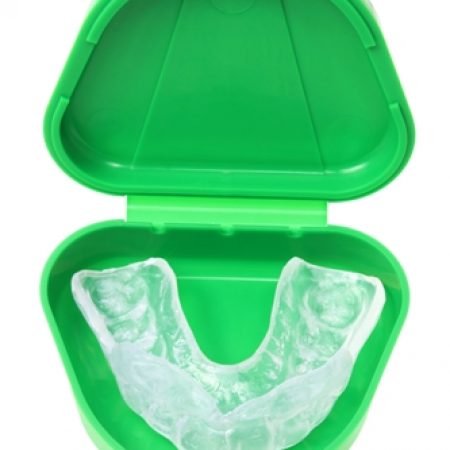Teeth grinding is also sometimes referred to as bruxism. It typically happens while sleeping, so you might not be aware that you’re doing it. If you grind your teeth, it can lead to various health problems. Treatment is available to avoid the negative effects from grinding.
Damage
Teeth grinding may occur as a result of anxiety, a crooked bite, or sleep apnea. Chronic grinding will often lead to teeth being worn down to stumps, requiring a significant amount of dental restoration. Grinding can also fracture or loosen teeth. If tooth loss occurs, dental implants or dentures could be necessary to replace the missing teeth. Crowns, bridges, and other procedures may also be needed if grinding is left untreated.
Symptoms
When you grind your teeth, you might have a sore jaw or suffer from a morning headache. These can be telltale signs that you were grinding your teeth while sleeping.
Treatment
If you are a teeth grinder, take steps to prevent lost or fractured teeth. Visit your dentist and inquire about an individualized mouth guard. This device will slip over teeth at night to protect them from grinding activity. A custom made guard is important for protection; the one-size-fits-all guards that are sold at the pharmacy may not do the job properly.
Also, consider why you are grinding your teeth. If the behaviour is stress-related, counselling and/or medication may help. Yoga and meditation are also useful approaches for handling stress. If you potentially grind because of a sleep disorder, get a doctor’s referral for a sleep test. If you have sleep apnea, it’s vital you get treatment so you can breathe at night.
Learn more about teeth grinding and what can be done about it. Simcoe Smile Dental wants to help! Call us at (289) 312-1482 for an appointment.



